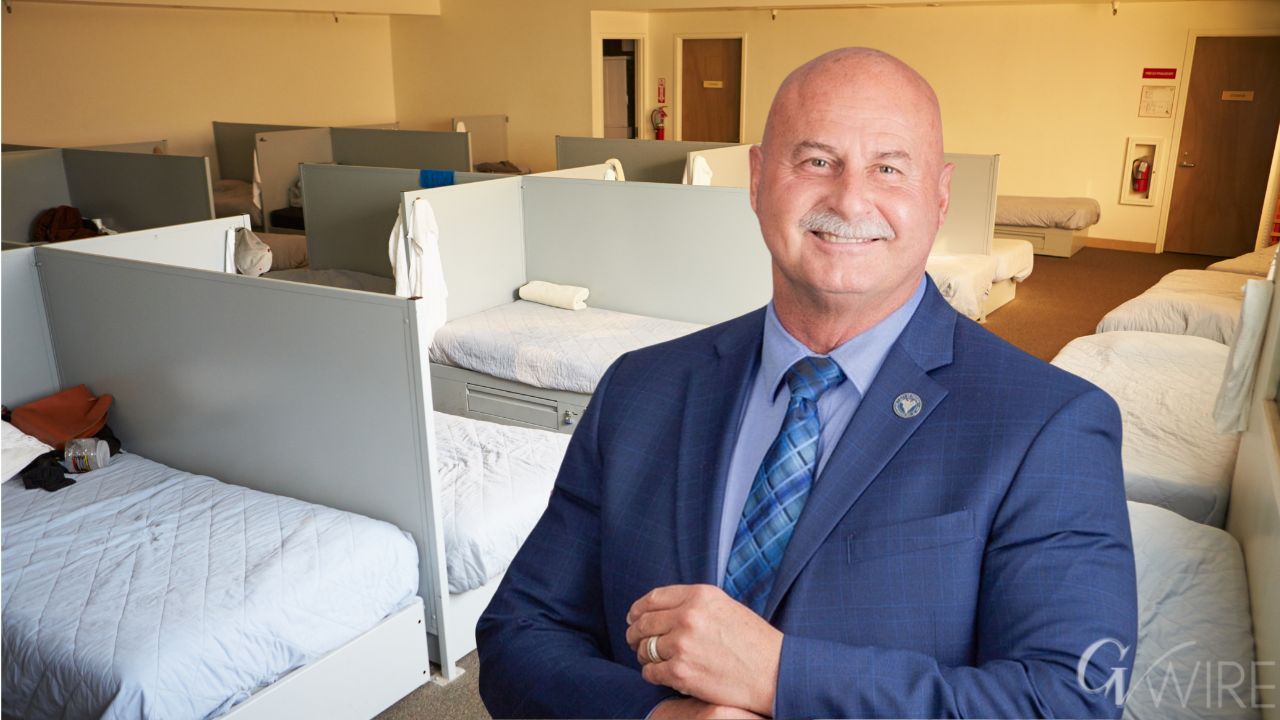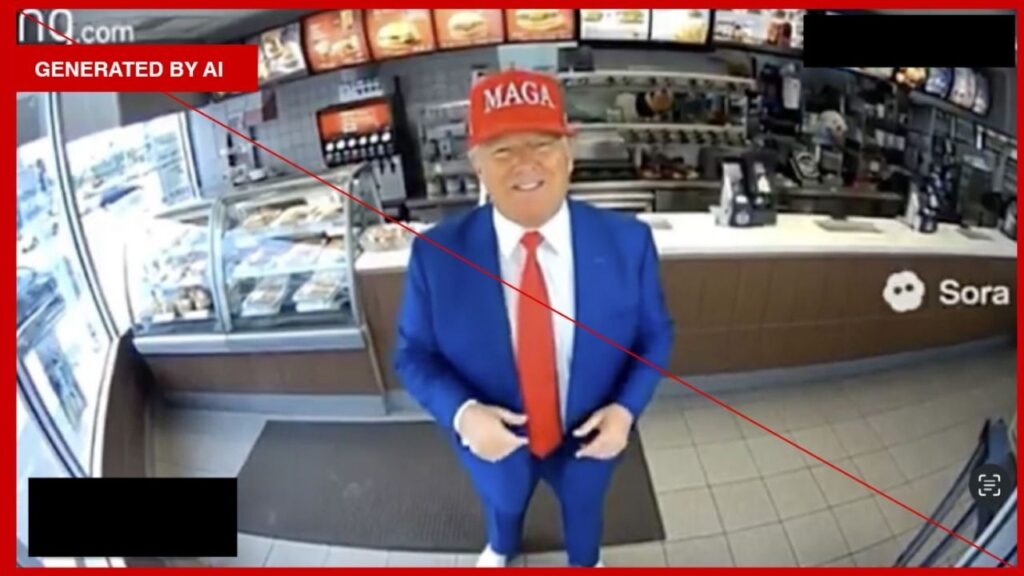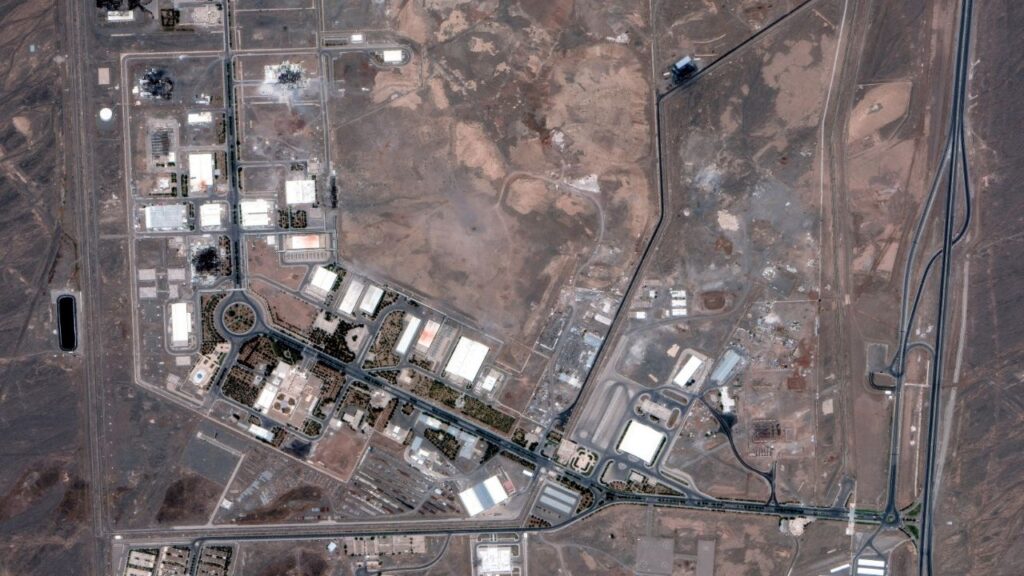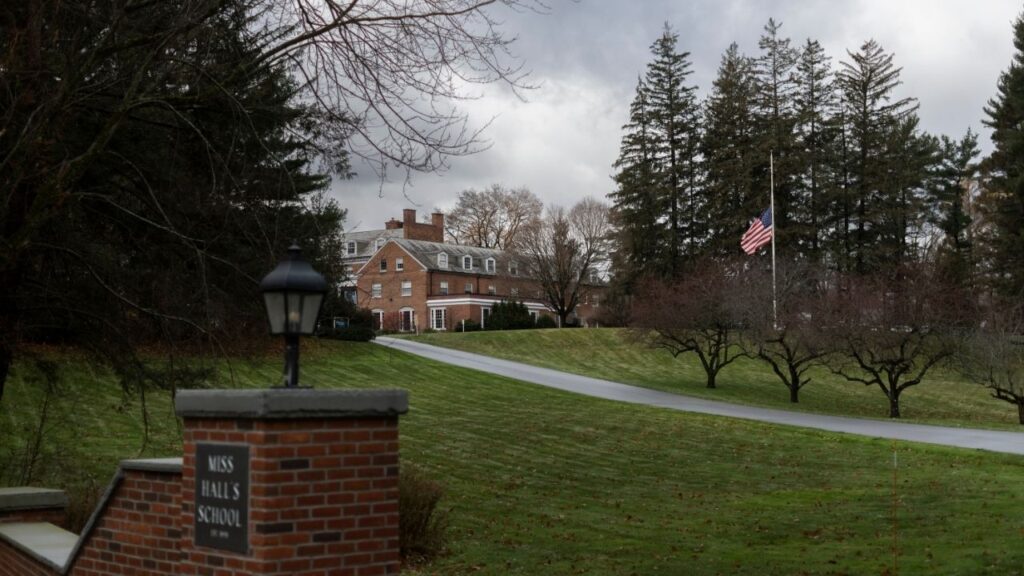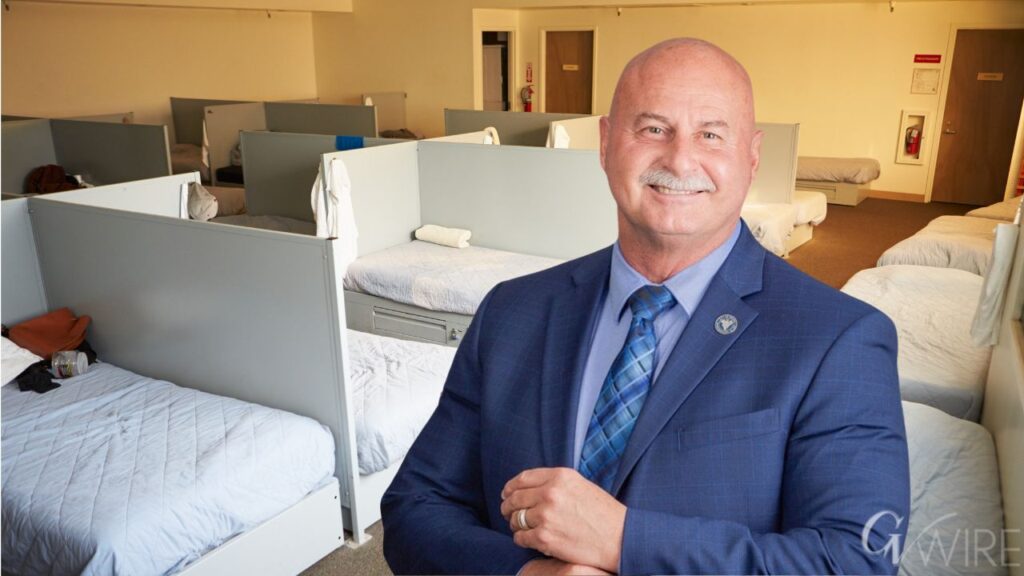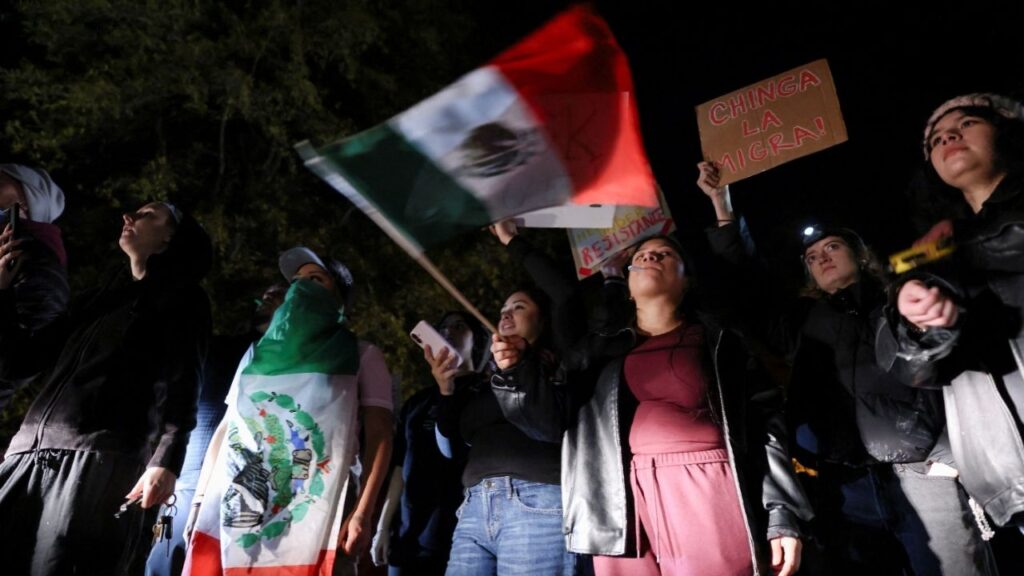Fresno Mayor Jerry Dyer said the city and county are working on a solution to prevent a looming shelter crisis from putting more people on the street. (GV Wire Composite)

- Fresno Mayor Jerry Dyer said the city and county are working on solutions for the looming shelter bed crisis.
- His goal as mayor is to make sure people displaced by shelter shutdowns have a place to go.
- Agencies will have to be creative and resourceful with available funds.
Share
|
Getting your Trinity Audio player ready...
|
With Fresno facing hundreds of shelter beds possibly closing in the coming months and more in the coming years, Mayor Jerry Dyer said the city and county are working together to keep beds available.
The mayor, along with Fresno County Supervisors Luis Chavez and Nathan Magsig, have held three meetings with service providers about how to keep beds open and funded, Dyer told GV Wire Wednesday.
By bringing together Fresno Mission, Poverello House, Anthem Blue Cross, and others, Dyer said they’re close to formulating a five-year plan to keep beds funded or to at least find transitional beds for people displaced by shutdowns.
Magsig and Chavez said they weren’t ready to comment on the plan.
“The last thing we want to do is … increase the unsheltered population on the streets of Fresno,” Dyer said. “That, as a mayor, that’s not going to happen.”
City Could Lose 357 Beds by June 2026
A list of shelter beds obtained by GV Wire shows 126 shelter beds closing by year’s end, with another 231 losing funding by June 2026.
In total, 659 low-barrier shelter beds could be lost by 2028 as state funding dries up and many of the projects taken on in the past few years become permanent housing.
Dyer said officials have known about the looming crisis for several years. Covid-era hotel conversions provided hundreds of beds to the region. Because at least some of the funding to rehabilitate those properties came through the state’s HomeKey program, those have to become permanent housing, taking shelter beds off the market.
The Parkway Inn, Travel Inn, Villa Motel, and Ambassador Inn together represent 317 beds. Even though funding for those projects will be lost between now and June 2027 — Parkway and Travel Inn will be lost by December 2026 — Dyer said the city ultimately will decide when to stop funding those shelters regardless of state money stoppages.
“If we can come up with some funding from another source, like the county, to operate that particular shelter for a period of time, until we feel comfortable closing it, we can do that too,” Dyer said. “Those have been our discussions.”
The city still has money from the state’s Homeless Housing, Assistance, and Prevention grant program, though the state put off its allocation this year. The much-reduced funding allocation legislators promised in next year’s budget isn’t certain either.
Additionally, the city would have to get a special designation it lost earlier this year called a “ProHousing Designation.” Dyer said the city is close to getting that back.
The city does have other funding sources as well.
It sets aside about $800,000 a year from opioid settlement money totaling about $3.5 million, Dyer said
General fund money is a last resort, Dyer said.
City, County Looking at Health Provider Partnerships
Part of the county’s approach to dealing with the looming shelter crisis is partnering with contractors already established with state funding, said Amina Flores-Becker, who as deputy county administrative officer oversees Fresno County’s new Housing and Homelessness Department.
Funding does exist through California’s MediCal reformation program called CalAIM. While the plethora of programs in CalAIM aren’t permanent, there are health providers already contracted with the state who might be able to pivot beds designated for other purposes to accommodate any influx of unsheltered people, she said.
It will require overcoming the specific requirements of securing funding for those beds.
Without that funding, many of the nonprofits or agencies that have those needed beds will be on their own to provide shelter.
While nonprofits will make their beds available, it’s not sustainable without funding, Matt Dildine, CEO of Fresno Mission told GV Wire in a previous interview.
“My fear is we’re going to go back to a situation where the Fresno Mission is going to be at 250% capacity or whatever it might be,” Dildine said. “That’s not sustainable for us. It’s hard to shelter that many people and do it well.”
Shift in Focus to Mental Health, Drug Addiction
Both the state and federal governments have shifted funding priorities toward mental health and drug treatment, Flores-Becker said.
In January, the county will offer a new service for transitional rent to unhoused people with diagnosed severe mental illness. The program requires a clinical diagnosis, so it can be limiting.
The recent Senate Bill 43 adds some severe drug addiction problems under the umbrella of severe mental illness.
Despite public perceptions that most homelessness is caused by mental health illness or drug addiction, Flores-Becker said it “isn’t as many as you think.”
“Severe mental illness is, you are incapacitated, essentially. And there’s a lot of folks who are experiencing unsheltered homelessness who may have a moderate or mild mental illness or a substance use disorder that may be exacerbated by their current living condition,” Flores-Becker said.
Flores-Becker said the state may expand the qualifications for the rent program to include mild-to-moderate mental illnesses after next year.
The county still needs beds that can qualify to house those with mental illnesses, she said. Flores-Becker said the county is exploring using some of its $20 million of opioid settlement money for housing.
Despite the effort, Dyer said that the public needs to manage its expectations when it comes to homelessness.
“Are we going to be able to end homelessness? I’ll be the first to tell you no we’re not. We’re always going to have folks that fall on hard times, people that lose their job, people that can’t pay rent, people that unfortunately find their way out on the streets,” he said.


